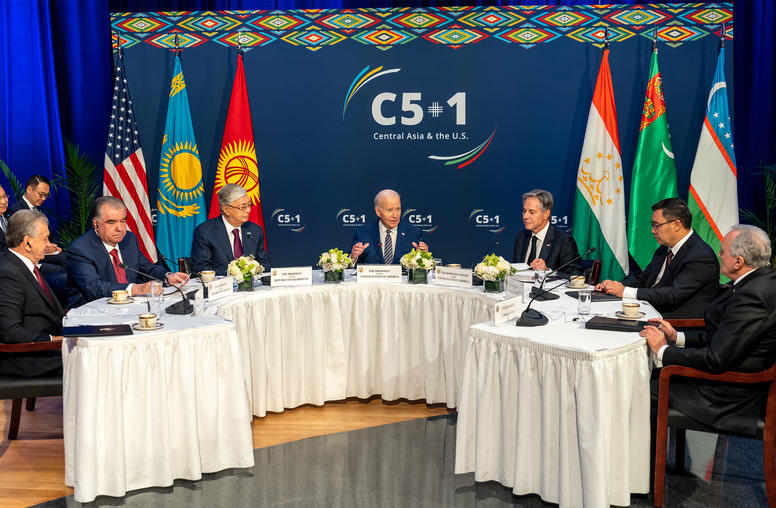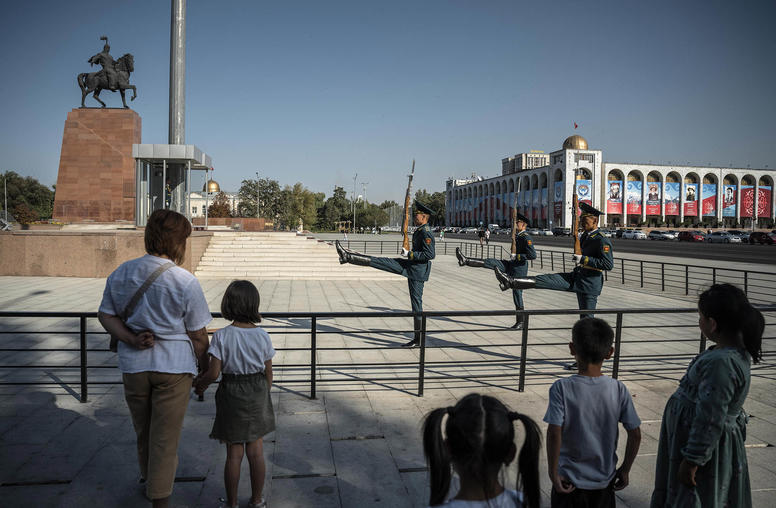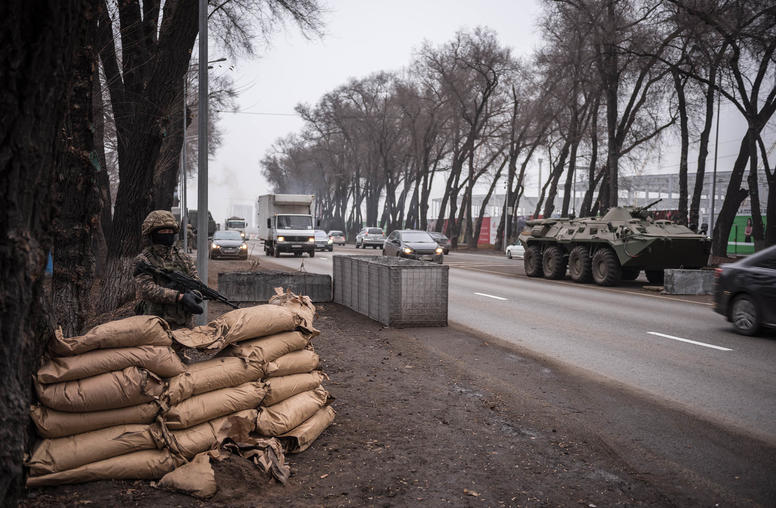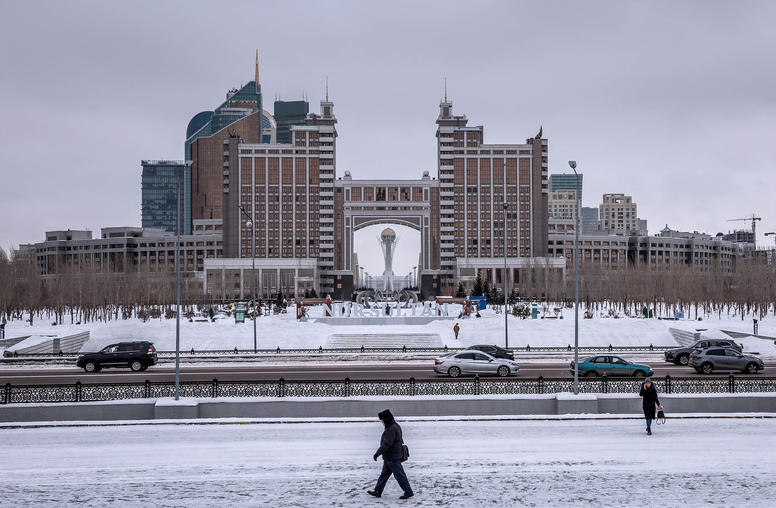Preventing Ethnic Violence in Kyrgyzstan: Too Little, Too Late?
This event is being organized by USIP in coordination with the State Department’s Office of the Coordinator for Reconstruction and Stabilization (S/CRS) and USAID’s Office of Conflict Management and Mitigation (CMM), as a forum of experts, policy and program shapers to engage in broader discussions about evolving dynamics in Kyrgyzstan, and possible areas for the international community to constructively engage to prevent further violence and safeguard a peaceful transition.
Humanitarian groups estimate that the recent crisis in southern Kyrgyzstan has resulted in a death toll that is likely to exceed the current count of 200, and forced over 400,000 refugees to flee from mounting ethnic violence. As a result of the overthrow of President Kurmanbek Bakiyev in April 2010 and the creation of a transitional government, the economically and politically stressed state appeared ripe for conflict. This tension erupted in early June with rioting and mob violence targeted at ethnic Uzbeks, and the turmoil marked a renewal of latent animosities between Kyrgyzstan’s two dominant ethnic groups. Even as the violence has begun to subside, the death toll continues to rise amid alarming accusations of the Kyrgyz government’s involvement in the tragedies.
Although Central Asian security has historically remained on the periphery of U.S. foreign policy, the ethnic violence in Kyrgyzstan has forced U.S. officials to acknowledge the dangers of conflict in the region. But, while humanitarian groups have been quick to call for action, there has been little substantive response from the major governments involved in the region. With Kyrgyzstan’s strategic importance as the only country in the world to house Russian and U.S. military bases, many are wondering when, how, or if the U.S. will intervene. Calls for a joint venture between the U.S. and Russia abound, while the security of the entire region appears to be hanging in the balance.
This event is being organized by USIP in coordination with the State Department’s Office of the Coordinator for Reconstruction and Stabilization (S/CRS) and USAID’s Office of Conflict Management and Mitigation (CMM), as a forum of experts, policy and program shapers to engage in broader discussions about evolving dynamics in Kyrgyzstan, and possible areas for the international community to constructively engage to prevent further violence and safeguard a peaceful transition.
Speakers
- Nancy Lubin
USIP Grantee
President, JNA Associates, Inc. - Eric McGlinchey
Assistant Professor of Politics and Government
Department of Public and International Affairs, George Mason University - Sean Roberts
Associate Professor of the Practice of International Affairs & Director
International Development Studies Program, The Elliott School of International Affairs
The George Washington University - Brent Hierman
Doctoral Candidate
Department of Political Science, Indiana University - Bridget Conley-Zilkic, Discussant
Director of Research and Projects
Committee on Conscience, United States Holocaust Memorial Museum - Kathleen Kuehnast, Discussant
Gender Advisor, Centers of Innovation
United States Institute for Peace - Abiodun Williams, Moderator
Vice President, Center for Conflict Analysis and Prevention
United States Institute for Peace



